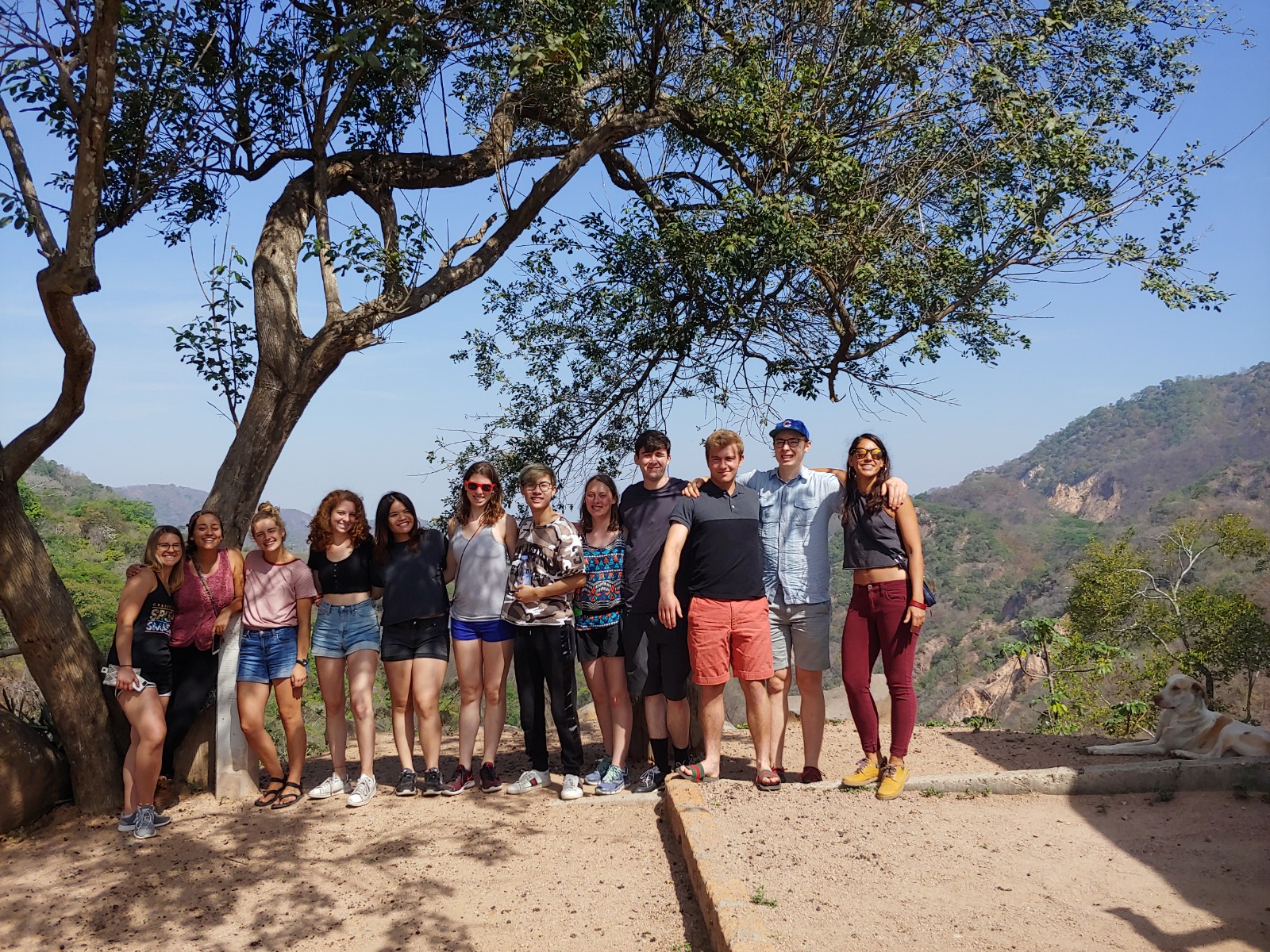Learning Lessons on Coping with Adversity
Xavier in front of the HC office
I have learned and experienced a lot during my internship with Human Connections. There have been so many life changing experiences that have broadened and illuminated my outlook on society in both the United States as well as Mexico. One of the experiences that I can say really marked me was meeting Miriam on July 17th in La Misión. The story that she shared with us is unforgettable and will have a lasting impact on me.
Miriam told us the story of her trek into the United States across the border. It was really touching to hear how she went through such a tremendous effort in order to finally see her children again. I felt an extreme amount of sadness throughout her story due to the fact that you could feel her pain as she spoke.
Xavier with the other Summer 2019 interns
I also thought about my grandmother and my grandfather when they emigrated in the 1960s and how their stories barely compared with hers, in terms of the adjustments they made to life in the United States. In contrast, these adjustments sound to me now like minor inconveniences, which makes me feel both sadness and outrage about the injustice that immigration should be harder for one ethnic group than another-- and even completely out of reach for certain people based on where they happened to be born.
Meeting Miriam and hearing her personal story has made me even sadder and more embarrassed to think about how much of an anti-immigration mindset there is in the United States currently. The reality is that the vast majority of immigrants are people who are just trying to find a safe place to live, work hard, and make a better living and future for their families. I hope that there will always be new groups coming into the United States looking for a new start to life because it not only can help these people but it helps the country as a whole to thrive. We all benefit from this constant cultural diversity and entrepreneurial, dynamic spirit. Nearly 55 years ago, it was my grandparents and my mother from Ireland emigrating to the U.S., and now it’s people from other parts of the world. I really don’t see what the difference is between then and now when the United States has always been built on new waves of immigration. Why are newcomers always given so much backlash and blame for trying to better their own (and our) lives?
Miriam made me question “the American Dream.” Is the American dream really giving opportunity to everyone, and is it morally fair? This will be a question that I will be pondering for a very long time.


